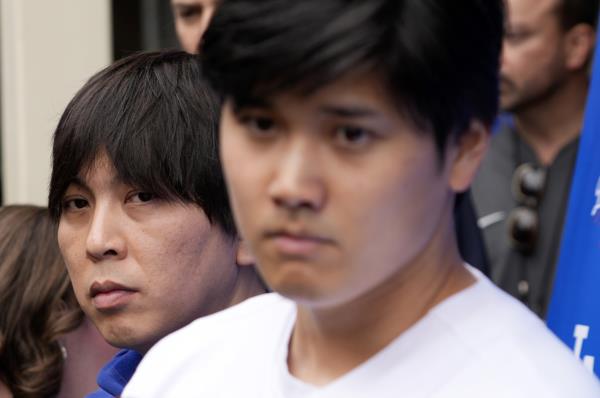
In a recent development in the world of baseball, Ipe Mizuhara, the former interpreter for the Dodgers' Shohei Otani, has pleaded guilty to federal charges of bank and tax fraud. This revelation has sent shockwaves through the baseball community.
Mizuhara's guilty plea comes after he admitted to illegally transferring a substantial amount of money, nearly $17 million, from Otani's bank account. The funds were allegedly used to cover gambling losses and other personal expenses, raising serious concerns about financial misconduct.
Following Mizuhara's confession, Major League Baseball swiftly took action by clearing Otani of any involvement in the illicit activities. This decision provides a sense of relief for Otani and his supporters, as his reputation remains untarnished amidst the scandal.



The case serves as a stark reminder of the potential risks associated with financial mismanagement and the importance of upholding ethical standards in professional sports. The incident involving Mizuhara sheds light on the vulnerabilities that can arise when entrusted individuals abuse their positions of trust.
As the legal proceedings unfold, the baseball community awaits further developments in this high-profile case. The implications of Mizuhara's actions extend beyond the realm of sports, serving as a cautionary tale for those in positions of financial responsibility.
While the outcome of this case may have far-reaching consequences, it also underscores the resilience of the baseball industry in upholding integrity and accountability. As the story continues to unfold, stakeholders will be closely monitoring the aftermath of Mizuhara's guilty plea and its impact on the broader landscape of professional sports.







